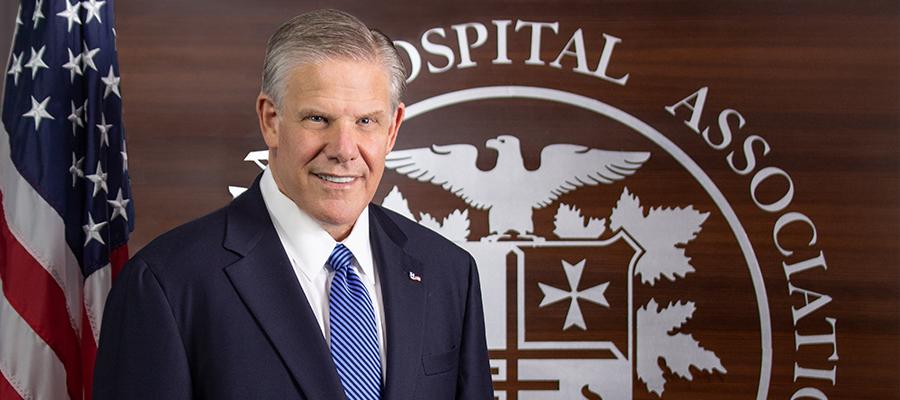Perspective: Time for Renewed Focus on Mental Health

Most studies of the toll COVID-19 has taken on the mental health of Americans reach the same conclusion: The pandemic has made what were already serious problems much worse.
Depression, anxiety, rates of substance use disorders and feelings of isolation or abandonment have multiplied three- or four-fold across society. Health care workers, who bravely bear the daily brunt of COVID19’s impact, are among the most affected. According to a recent Washington Post poll, 3 in 10 health care professionals are burned out to the point of quitting.
As we kick off Mental Health Awareness Month tomorrow, this picture represents a clear call to action for our field to ensure people can access the mental and behavioral health care they need in order to transform their stories of despair into stories of better health, hope and recovery. This will require improving timely, affordable access to behavioral health care for all, and integrating prevention and screening for mental illness and substance use disorders into overall health practices.
Hospitals and health systems play an important role in providing behavioral health care and helping patients find resources available in their community. Many of our members are leaders in finding new ways to identify and treat behavioral health disorders — through the integration of physical and behavioral health services, expanding telehealth services and via community partnerships. Their innovation and commitment starts at home, supporting the mental well-being of their own staffs.
The AHA has a long-standing commitment to support these efforts, and it is one of our key strategic priorities. We are working to sweep aside barriers to accessing behavioral health care, including inadequate reimbursement, provider shortages, fragmented behavioral and physical health systems, and fear of stigma … just to name a few.
We also have created and curated a number of resources for the field and continue to add new ones on our webpage. For example, this year we launched our “People Matter, Words Matter” poster series that encourages the adoption of patient-centered, respectful language to help combat behavioral health stigma.
Behavioral health is inseparable from physical health. For that reason, resources for behavioral health are among our core requests of Congress in any infrastructure legislation it considers this year. There is no more important investment in our future than in the health of our people and communities.
We are committed to making sure people can access the behavioral health care they need because doing so will help us break the stigma, save lives, improve health outcomes, reduce the total cost of care and advance health in America.

